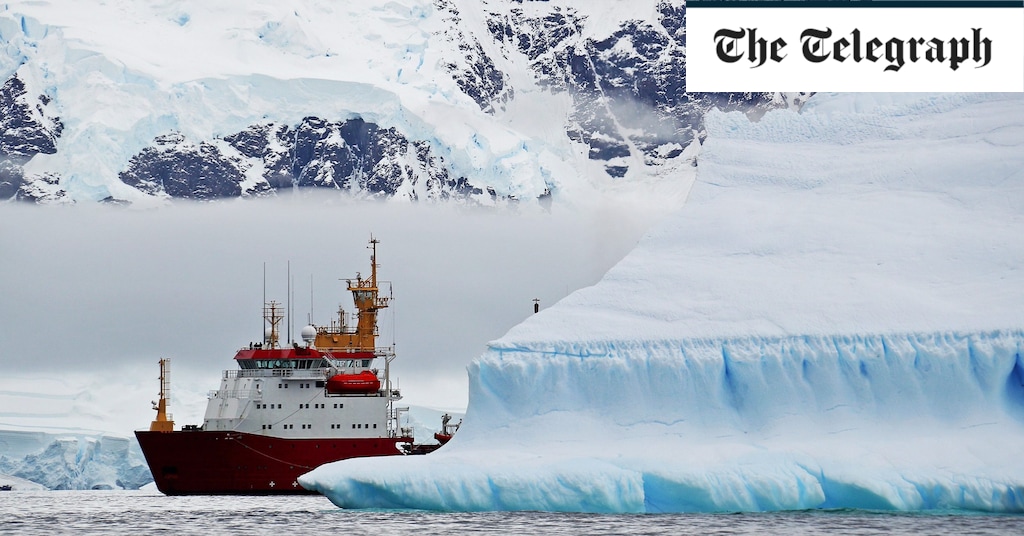Reserves 10 times the North Sea’s output raise fears over drilling in protected region
Russia has found vast oil and gas reserves in the Antarctic, much of it in areas claimed by the UK.
The surveys are a prelude to bringing in drilling rigs to exploit the pristine region for fossil fuels, MPs have warned.
Reserves totalling 511bn barrels of oil – about 10 times the North Sea’s entire 50-year output – have been reported to Moscow by Russian research ships, according to evidence given to the Commons Environment Audit Committee (EAC) last week.
It follows a series of surveys by the Alexander Karpinsky vessel, operated by Rosgeo – the Russian agency charged with finding mineral reserves for commercial exploitation.
Antarctica is meant to be protected by the 1959 Antarctic Treaty that bans all mineral or oil developments. The UK’s interests are overseen by the Foreign Office – but it has been accused of ignoring the emerging crisis.



Due to Antarctic treaties, the claim should be effectively inoperative as long as the UK is a member, and Russia shouldn’t be extracting mineral resources as long as Russia is a member.
https://en.wikipedia.org/wiki/Antarctic_Treaty_System
https://en.wikipedia.org/wiki/Protocol_on_Environmental_Protection_to_the_Antarctic_Treaty